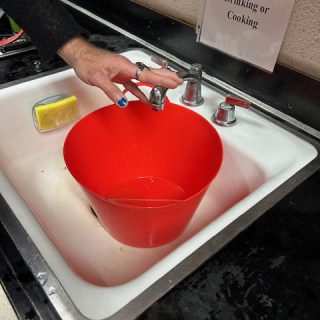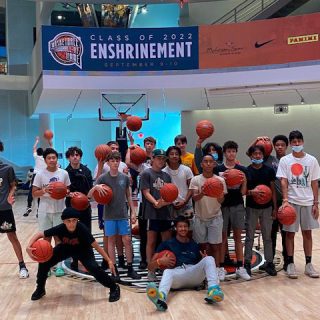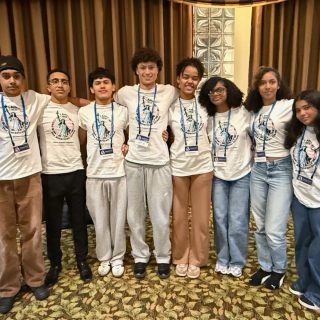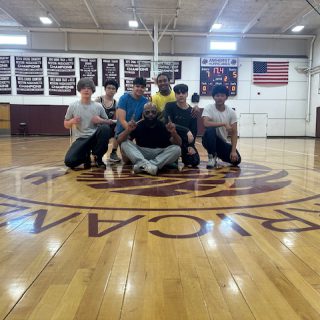College application process taking the joy out of senior year

Every fall, high school seniors across the country begin the process of applying to college. The big question looms: will their 650-word statement be enough to get them into the college they desire?
The college application process, which is supposedly a fair opportunity for all, feels a whole lot more like seeing who is the best at test-taking or who does the most outside of the classroom. By the end of the process, before anyone has even gotten into college, the joy of anticipating going to college is gone, and many students are left burnt out before they even reach campus.
Why was this system even created in the first place? The amount of bias a high schooler faces when colleges make their decisions is simply not fair. Students who may not be good test takers but want to attend a school that isn’t test-optional are faced with the impossible. Schools that have fewer resources to support their students during this process are playing a whole different game, as well.
Some colleges choose not to look at essays, recommendations, or resumes, which could potentially be the information that makes a student the best candidate for their institution or sets them apart from the rest of the crowd. In reality, the schools that choose to do this are just looking at applicants as statistics or numbers; the highest GPA or SAT score wins every time.
What about the applicants who don’t have the resources to learn how to navigate the admissions process? Where would I be if I didn’t have someone to teach me how to use Scoir or the Common App? Amherst students get emails full of information and links about scholarships, deadlines, or even the chance to meet with a college counselor one-on-one about their future, but many students around the country are not provided with this level of support.
This summer, I visited the University of Florida and loved the campus and the energy. I knew I wanted to be a Gator. However, these dreams were pretty quickly squandered when I learned through an information session that they choose not to look at some of the factors that would make me look like a good candidate. They focus on GPA, test scores, and course rigor, disregarding things like a student’s resume, recommendations, and demonstrated interest, things that speak about me as a person rather than a number.
At the end of the day, the college admissions process feels less like a celebration of the end of our high school years and more like a game where the most prosperous, lucky, or supported are bound to win. Teenagers are being asked to put their entire lives so far into essays, test scores, and “activities and responsibilities,” and experiencing burnout well before their senior year ends.
Maybe it’s time to create a whole new system that actually allows students to show who they are beyond just stats or scores, that levels the playing field, and that gets students excited about going to college.
Perhaps instead of test scores being mandatory at some schools, students could offer video submissions, a portfolio, or the option to interview. This would allow applicants to show their true selves and their capabilities, infusing the process with more hope and excitement about what lies ahead.














